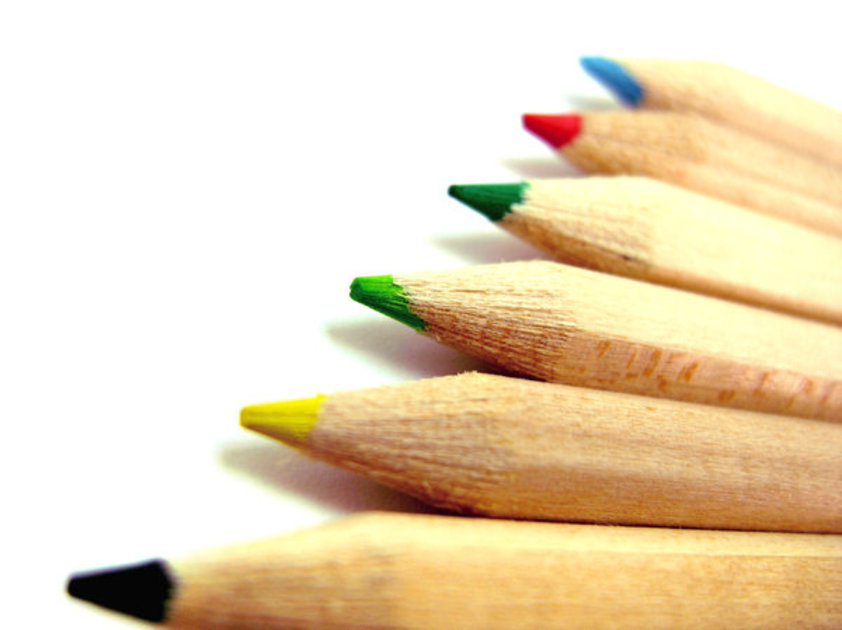
Siblings are acutely aware of one another’s achievements. They tend to be more vocal when the sibling’s “achievement” was doing something they weren’t supposed to do.
“Did you see what Eli did? Why didn’t you say anything? He’s not supposed to do that!”
It may be more important to pay attention when your child is affected by a sibling’s positive achievement. Watch your child’s face when he says something like, “he always gets it right.” Do you think you are seeing jealousy? Perhaps. But it may be disappointment. He may feel bad that, it seems to him, he doesn’t get it right as often as his brother and that can hurt.
Many parents reflexively react with a counter example:
“Chaim, didn’t you get a 94 on your bechina just yesterday? You see, you do very well, too.”
You’ve just contradicted Chaim and that isn’t helpful. He’s already feeling bad about himself and you just gave him something else to feel bad about; you told him he was mistaken to think that he never does well. You gave him another example of something he was wrong about.
Children do differ in their natural aptitudes in various fields of study. Dexterity, agility, speed, coordination, visual acuity, social grace, wit, and temperament also vary from child to child, and all can be sources of what appears to be jealousy. Is it jealousy? According to the dictionary, yes. According to Pele Yoatz, no.
The American Heritage Dictionary, third edition, gives as the first definition of the word jealous, “fearful or wary of being supplanted; apprehensive of losing affection or position.” I thought that was a very insightful and empathic way of looking at jealousy. It’s easy to think of jealousy as simply wanting something that someone else has or wanting to be the way someone else is. Thinking of a person who is expressing jealousy as simply being covetous leads to criticism. Thinking of jealousy as an expression of fear leads to compassion.
How do you express compassion? Now that you’re feeling bad for this child who just said, “why is my sister always smarter than me,” what you say to her? Don’t challenge her and don’t contradict her. Clearly, what she said is not entirely accurate. However, there is some truth to what she said. Extract the accurate and build on it.
Right now it seems to your daughter Raizy that her sister is smarter than her. Rather than challenging this perception, be curious about it. Ask Raizy what gives her the impression that her sister is always smarter than her. Raizy might answer something like this:
Yesterday, at the Shabbos table, Miriam answered every parsha question before I had a chance to.
Dad: Yes, that’s true, Miriam is very quick to come up with answers, but it doesn’t mean she is smarter than you.
Raizy: But there are some questions that she knew the answer to and I didn’t remember the answer, and she is in fourth grade and I’m in fifth grade! So it proves that she’s smarter than me.
This is the point at which dad can avoid entering into an argument with Raizy by extracting the accurate rather than challenging the inaccurate. It probably is not true to say that Miriam in some global way is smarter than Raizy. But it is true that Miriam knew the answers to some questions that Raizy did not know the answers to, so at least when it came to answering those particular questions, Miriam was smarter than Raizy.
The temptation at this point is to give a counter example in which Raizy was smarter than Miriam. This again would be challenging Raizy rather than working with her, aside from the fact that we would expect Raizy to be smarter than Miriam in some ways just because she’s a grade ahead of Miriam.
How would dad work with Raizy? Bearing in mind the dictionary definition of jealous as, “apprehensive of losing affection or position,” dad would say to Raizy, “what do you think about when Miriam knows an answer to a parsha question that you don’t know?”
Raizy: I think Miriam is smarter than me.
Dad: Yes, Raizy at that moment Miriam was smarter than you. What happens to you when, sometimes, Miriam remembers something or knows something that you don’t know?
Raizy: You look at her and smile. You like her better than me.
Dad: Yes, I’m proud of her. It doesn’t mean I’m any less proud of you.
Raizy: It just seems like you’re proud of Miriam more often than you’re proud of me.
Dad: I guess I’m going to have to tell you more often when I see you doing something really well and that I’m really proud of you.
So far, we’ve been addressing your seeing Raizy as being jealous of her sister in the way described by the dictionary. Seeing her apprehension, you respond with compassion and reassurance.
If you were to perceive of Raizy’s jealousy as defined by Pele Yoetz, you would probably react with alarm. Pele Yoetz, in his section on kinah, writes: one who is jealous desires that evil befall his fellow and speaks detrimentally of him… He desires that troubles befall him.
I hope you would never suspect your child of such malevolence. Desiring to also have something that a sibling has does not mean wanting to take it away from him. When you realize that your child is wishing for something he could have just like his sibling rather than wishing his sibling didn’t have it, you will be much more helpful to your child. You will help him when you invite him to express his wish and think about how he might make it come true.

 Previous
Previous

